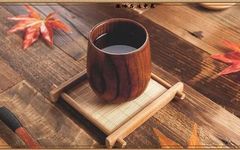
Have you ever experienced discomfort in your stomach after consuming cold drinks or spicy food, with symptoms such as stomach bloating, stomach pain, diarrhea, belching, and acid reflux? You might think this is due to eating something too cold or too hot, but in fact, it could be because both cold and heat pathogens are present in your spleen and stomach, leading to a pathological state of mixed cold and heat.
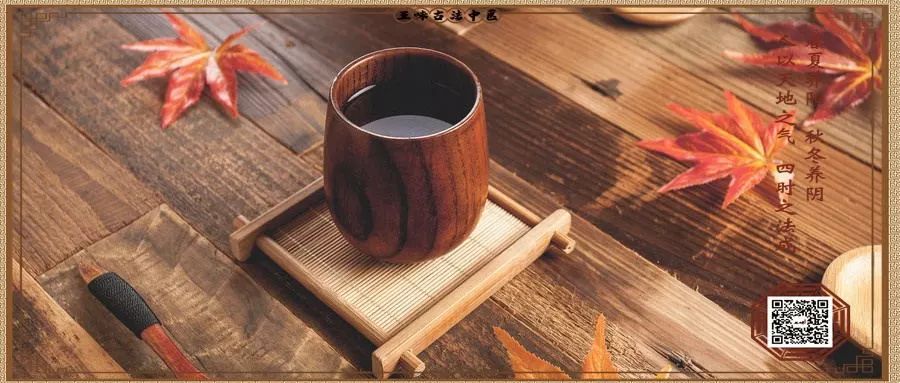
What does mixed cold and heat mean?
In simple terms, it refers to the simultaneous invasion of cold and heat pathogens into the spleen and stomach, causing dysfunction in their operations and abnormal rising and falling. Cold pathogens can lead to insufficient yang energy in the spleen and stomach, preventing the transformation of food and fluids, resulting in damp phlegm; heat pathogens can cause a deficiency of yin fluids in the spleen and stomach, failing to nourish the organs and generating fire toxins. Damp phlegm and fire toxins intertwine, creating a complex situation of mixed cold and heat.
Those with mixed cold and heat experience discomfort regardless of what they eat; consuming cold foods exacerbates the cold pathogen, while hot foods worsen the heat pathogen.
What should one do in this situation?
Should one only eat warm foods? Not necessarily. Traditional Chinese Medicine (TCM) has a miraculous formula that can simultaneously treat both cold and heat pathogens: Banxia Xiexin Decoction (半夏泻心汤).
Banxia Xiexin Decoction is a formula proposed by Zhang Zhongjing in the “Shang Han Lun” (Treatise on Cold Damage), primarily used for treating mixed cold and heat types of spleen and stomach disorders. It consists of seven medicinal ingredients: Banxia (Pinellia ternata) 15g, Huangqin (Scutellaria baicalensis), Ganjiang (Dried Ginger), Renshen (Ginseng), and Zhi Gan Cao (Honey-fried Licorice) each 9g, Huanglian (Coptis chinensis) 3g, and Dazao (Jujube) 4 pieces.
These seven ingredients work synergistically to achieve the effects of warming the middle, dispersing cold, clearing the stomach, draining fire, transforming phlegm, descending counterflow, and tonifying the spleen and stomach.
Let’s take a look at how these seven ingredients function:
·Banxia:Banxia is acrid, warm, and bitter, capable of descending counterflow and stopping vomiting. It aligns with the nature of the spleen and stomach, promoting the descent of stomach qi and the ascent of spleen qi. Banxia also transforms dampness and phlegm, eliminating damp and phlegm pathogens from the spleen and stomach.
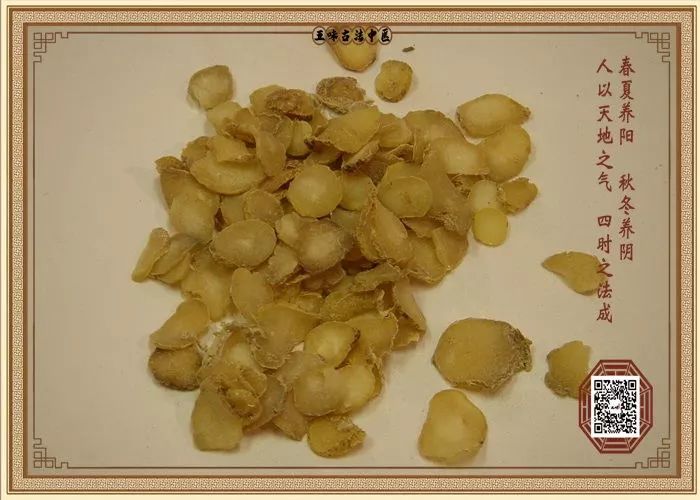
·Huangqin:Huangqin is bitter and cold, capable of clearing the stomach and draining fire. It eliminates heat pathogens from the stomach, cools the blood, detoxifies, and protects the gastric mucosa.
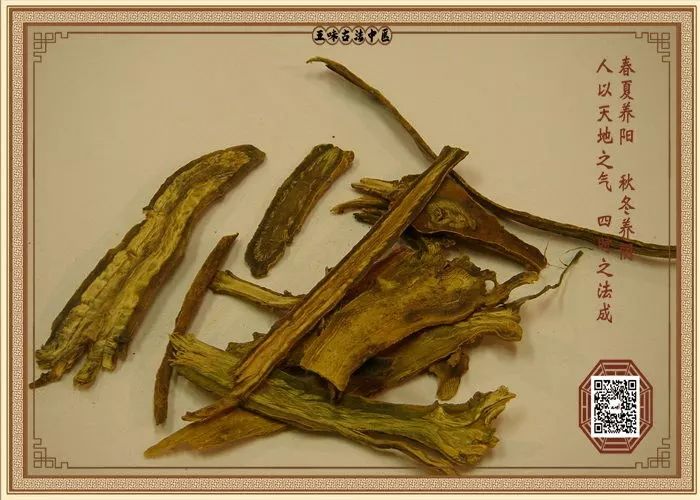
·Ganjiang:Ganjiang is acrid and hot, capable of warming the middle and dispersing cold, primarily acting on the middle jiao (spleen and stomach). It drives away cold pathogens from the spleen and stomach, invigorating spleen yang, allowing us to feel warmth in the stomach. Ganjiang also ascends to act on the upper jiao (heart and lungs), helping to disperse heart and lung yang.
·Renshen:Renshen is sweet and warm, capable of tonifying qi and generating fluids. It replenishes the qi and blood of the spleen and stomach, enhancing their transformation and transportation functions. It also generates fluids to moisten dryness, nourishing the yin fluids of the spleen and stomach.
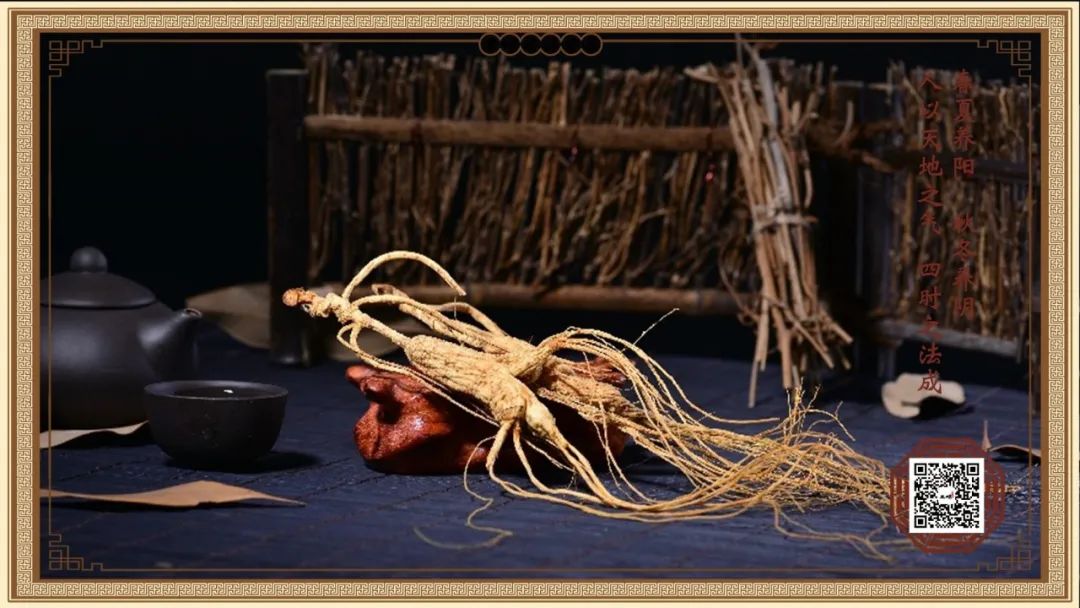
·Zhi Gan Cao:Zhi Gan Cao is sweet and neutral, capable of tonifying qi and harmonizing the middle. It replenishes the qi and blood of the spleen and stomach, enhancing their transformation and transportation functions. It also harmonizes the properties of the other herbs, ensuring a stable and lasting effect.
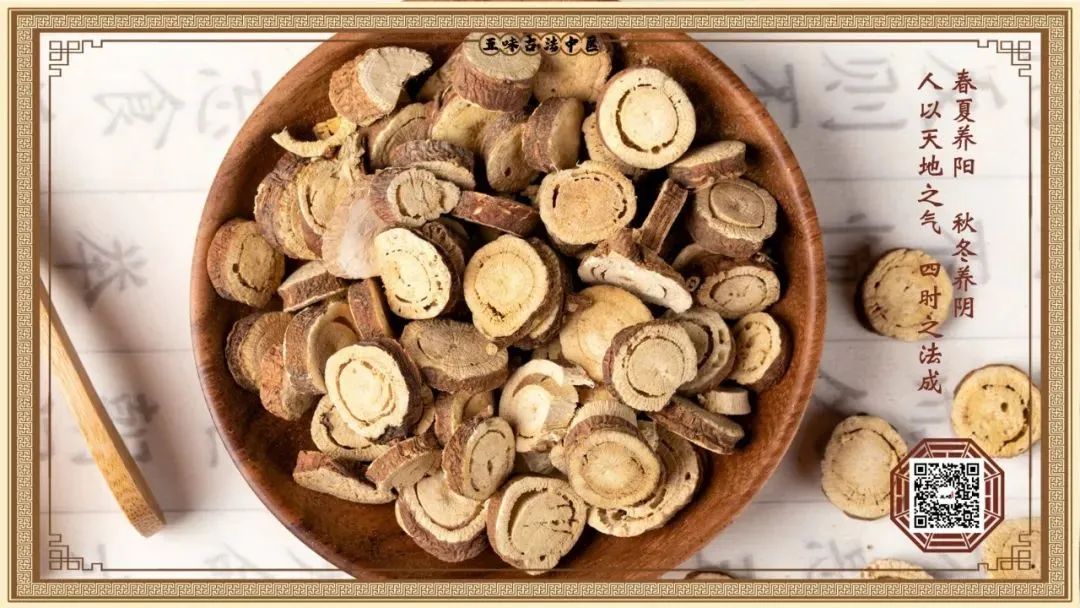
·Huanglian:Huanglian is bitter, cold, and astringent, capable of clearing the stomach and draining fire, stopping diarrhea and preventing fluid loss. It eliminates heat pathogens from the stomach, cools the blood, detoxifies, and protects the gastric mucosa. It also astringes the intestines to stop diarrhea, preventing the loss of undigested food.
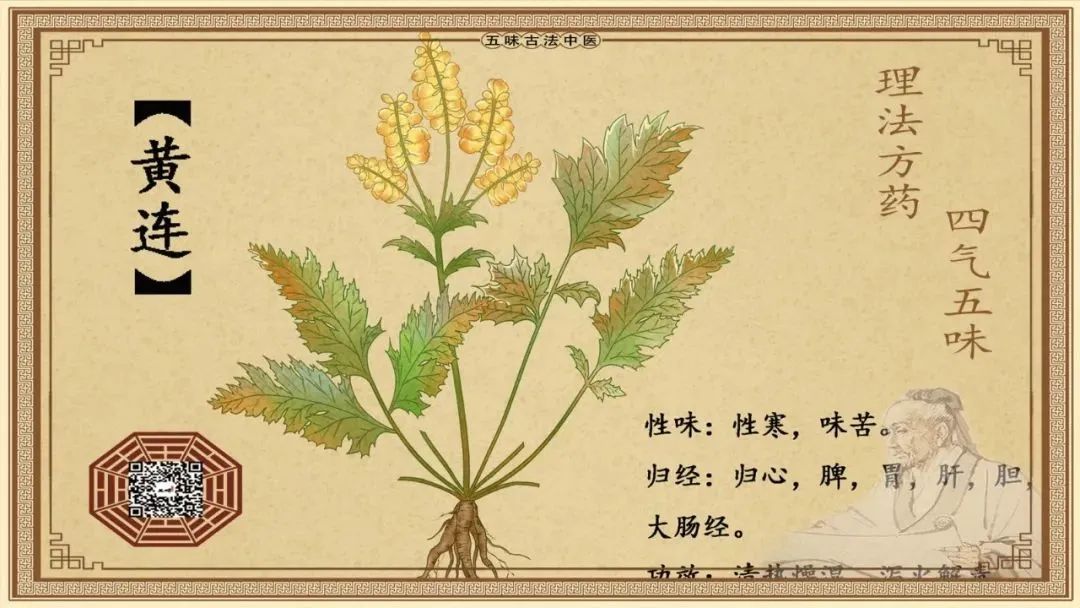
·Dazao:Dazao is sweet, warm, and moistening, capable of tonifying qi and nourishing blood. It replenishes the qi and blood of the spleen and stomach, enhancing their transformation and transportation functions. It also moistens dryness and nourishes the yin fluids of the spleen and stomach.
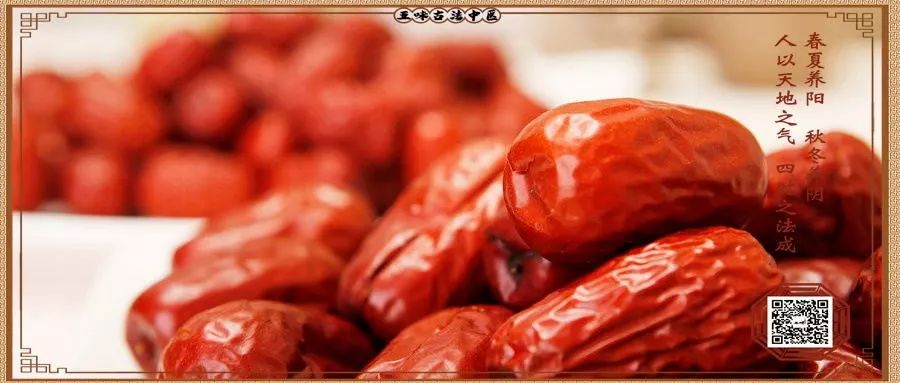
This combination of seven medicinal ingredients forms Banxia Xiexin Decoction, which can be described as TCM’s “dual nature of cold and heat.” It can warm the middle and disperse cold, clear the stomach and drain fire, transform phlegm and descend counterflow, and tonify the spleen and stomach. It does not simply use warmth or coolness to combat cold or heat; rather, it skillfully adjusts the rising and falling functions of the spleen and stomach based on the actual situation of mixed cold and heat, restoring balance.
Although Banxia Xiexin Decoction is a miraculous formula, it is not a panacea. It is only suitable for mixed cold and heat types of spleen and stomach disorders. If the condition is solely due to cold or heat invasion, Banxia Xiexin Decoction should not be used. Therefore, before using Banxia Xiexin Decoction, it is essential to first analyze your symptoms to see if they match the characteristics of mixed cold and heat.
What are the characteristics of mixed cold and heat types of spleen and stomach disorders?
They mainly include the following points:
·Feeling alternating sensations of cold and heat in the body, sometimes feeling hot and sometimes cold.
·Coating on the tongueis yellow and white, or thick and greasy yellow and white.
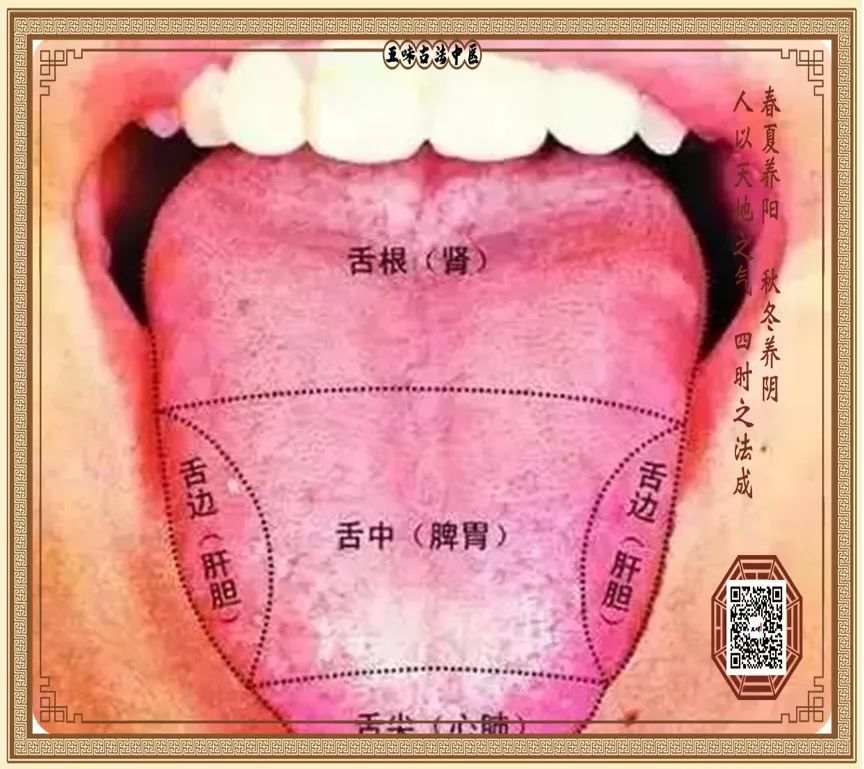
·Pulseis deep and thin or deep and slippery.
·Abdomenfeels cold pain or burning pain.
·Stoolis loose or hard.
·Nauseaincludes vomiting or belching with acid reflux.
·Appetiteis poor or characterized by binge eating.
If you have one or more of the above symptoms, it indicates that you may have mixed cold and heat types of spleen and stomach disorders. In this case, you can try Banxia Xiexin Decoction to help regulate your condition.
Of course, before using Banxia Xiexin Decoction, it is best to consult a professional TCM practitioner to see if it is suitable for your constitution and condition. Although Banxia Xiexin Decoction is a gentle and effective formula, it also has some contraindications and precautions.
For example:
·If your spleen and stomach disorder is caused by pure cold or heat invasion, do not use Banxia Xiexin Decoction, as it will exacerbate your cold or heat.
·If your spleen and stomach disorder is due to damp-heat accumulation, do not use Banxia Xiexin Decoction, as it will increase your damp and heat pathogens.
·If your spleen and stomach disorder is caused by qi stagnation and blood stasis, do not use Banxia Xiexin Decoction, as it will obstruct the flow of qi and blood.
·If your spleen and stomach disorder is due to yin deficiency and excess fire, do not use Banxia Xiexin Decoction, as it will deplete your yin fluids.
·If you have chronic diseases such as hypertension, heart disease, liver disease, or kidney disease, or are taking other medications, do not use Banxia Xiexin Decoction indiscriminately, as it may interact adversely with your condition or medications.
·If you are allergic to any of the ingredients in Banxia Xiexin Decoction, do not use it, as it may cause allergic reactions.
·If you are pregnant or breastfeeding, do not use Banxia Xiexin Decoction, as it may affect your health or that of your fetus or infant.
Banxia Xiexin Decoction is a renowned formula in TCM that can disperse both cold and heat in the spleen and stomach, restoring normal function. If you have mixed cold and heat types of spleen and stomach disorders, you might consider trying this formula, as it may bring you surprising results. However, before using it, always adhere to the principles of TCM diagnosis and treatment, and do not take it indiscriminately.
End
Note:The various formulas and remedies mentioned in this article are for reference and learning purposes for professional TCM practitioners only and should not be used as prescriptions. Please do not self-medicate, as this platform does not bear any responsibility for any consequences arising from such actions!



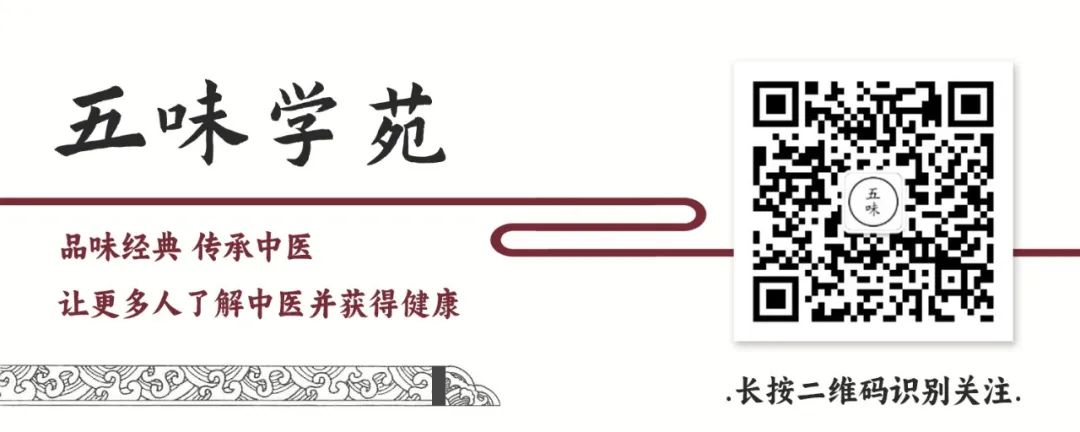
Click 「Like」 + 「View」
Let more people see this 

